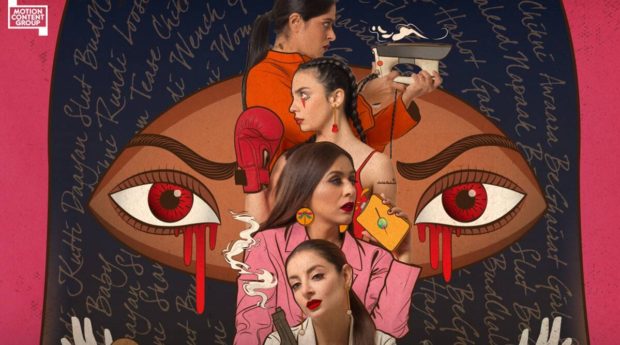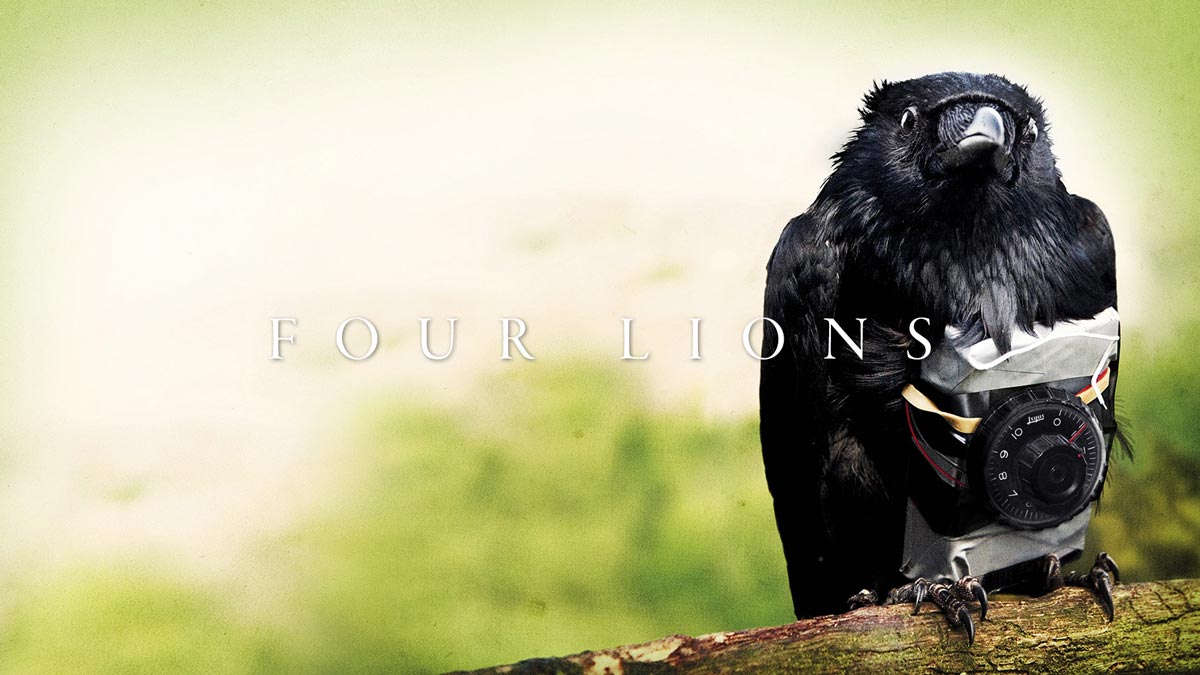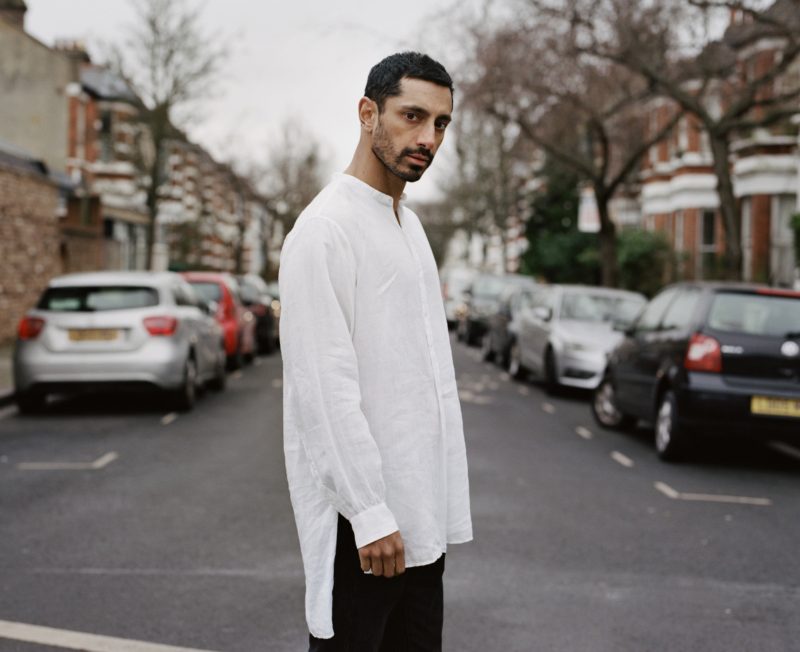This article by Zoya Raza-Sheikh for British magazine NME reflects on the current representation of Muslims in British TV programs and TV series. Although it shows a slow and uneven development, British TV is evolving from a shallow representation of British Muslim to more complex and real images of Islam.
Some of my earliest memories of Muslims on TV come from watching the BBC. Unfortunately, these were frustratingly limited to the few characters that popped up in EastEnders, such as the Pakistani-Muslim Masood family. There were bits the Beeb got right, like the Kashan-inspired rug in the background or a bright orange and cream packet of besen (chickpea flour) on a kitchen counter, but for the most part, representation on mainstream telly fell flat, stereotyped even.
When I was a bit older, Citizen Khan arrived. EastEnders and Corrie had diverse casts, but this was different – a whole sitcom that was built around a British-Pakistani Muslim family. It was new, had all the buzz and was something I’d been hoping would appear for ages. Characters sharing my identity were not handed a subplot or a side narrative, but given a proper platform. Sadly, the series failed to live up to my expectations and white classmates soon starting parodying Khan’s thick accent in front of me. Even worse, they’d use the show to ask uncomfortable questions about marriage, dating or food we ate. This was definitely not the representation I had longed for.
The Riz test
Unsurprisingly, the problem has continued over the last decade. As British actor Riz Ahmed set out in his 2017 House of Commons speech, Muslim representation on screen often falls into two dangerously reductive categories: you are either an emotionally troubled man in a thriller series (The Bodyguard, Homeland, The Boys) who holds some kind of relationship with terrorism, or a woman who falls victim to her Islamic faith like the protagonist in Apple TV+ drama Hala. In a poignant lecture given on behalf of Channel 4, Ahmed asked the question: “Where is the counter narrative? Where are we telling these kids they can be heroes in our stories, that they are valued?”
Representation and negative on-screen media portrayals can make long-term impressions on viewers and that was the message [Ahmed Riz] was trying to drive home.
Representation and negative on-screen media portrayals can make long-term impressions on viewers and that was the message the British-Pakistani actor was trying to drive home. Ahmed has since set up ‘The Riz test’. This short, bullet-pointed guide is a go-to on how to root out racist depictions of Muslims in film and TV. Among other things, it asks the viewer to check: is the character they are watching presented as irrationally angry, superstitious, culturally backwards or anti-modern? Perhaps they’re a threat to the Western way of life? If so, alarm bells should be ringing. As Ahmed simply puts it: “People are looking for the message that they belong, that they are part of something, that they are seen and heard and that despite, or perhaps because of, their experience, they are valued. They want to feel represented. In that task we have failed.”
A better representation of Muslims
While its’s true that TV’s portrayal of Muslims still falls short, there is a new show that is bucking the trend. Set in Karachi, Pakistan’s radical, new webseries Churails (streaming on ZEE5 in the UK) offers an exciting new direction. Roughly translated as ‘witch’ or ‘female demon-spirit’, this ambitious drama does a good job of portraying the lives of different types of Muslim women. Ticking off industry firsts like Pakistan’s only on-screen queer couple, Churails follows a group of powerful women seeking revenge on husbands who have wronged them. It’s a thrilling adventure, filled with tense face-offs, undercover detectives and, most importantly, female protagonists that don’t come from any trite formula.
The promise of new shows like Churails proves that, for UK viewers at least, things are starting to improve.
Homegrown stories about Muslims are becoming more complex and diverse too. As game-changing comedies like Muzlamic and Guz Khan’s Man Like Mobeen begin to pull in viewers, more and more people are understanding what it means to be a modern Muslim man in Britain. Light-hearted in tone, MLM is broadly positive too – and doesn’t racially characterise Muslims as terrorists or refugees. There’s progress for British Muslim women as well. Channel 4’s newly commissioned Lady Parts is a witty comedy, directed by Nida Manzoor, which follows the highs and lows of an anarchic, all-female Muslim punk band. It’s not often you come across one of those.
As the industry evolves, clumsy and ill-informed portrayals of Muslim people are still worryingly regular on our screens (yes, I’m looking at you 9-1-1: Lone Star), but the promise of new shows like Churails proves that, for UK viewers at least, things are starting to improve.
Source : NME


















No Comments